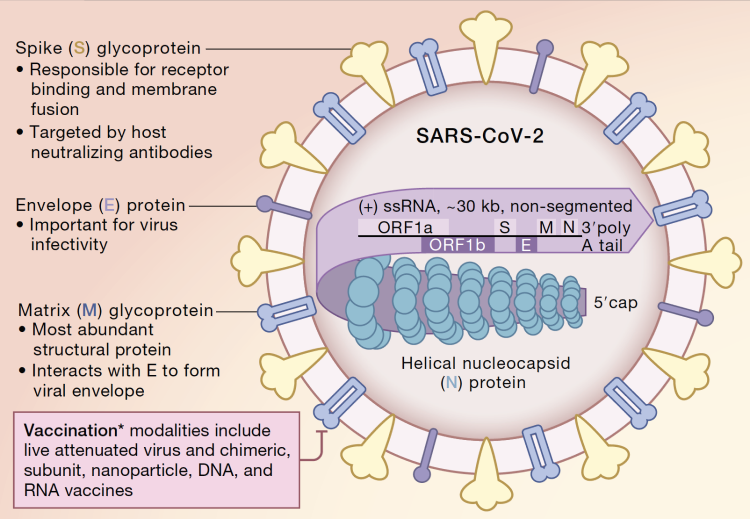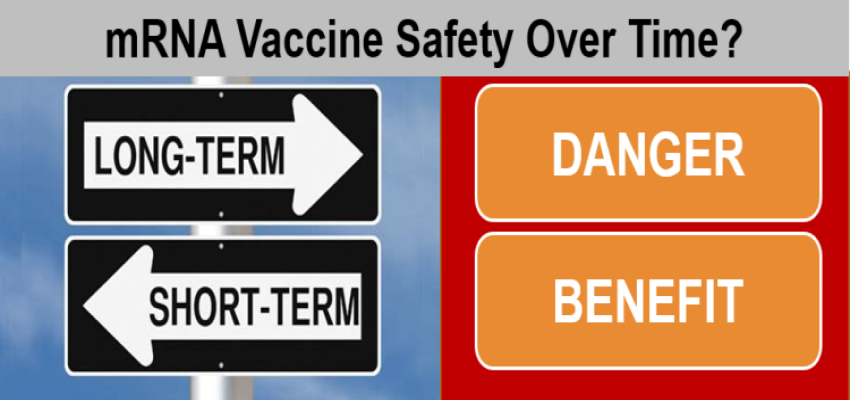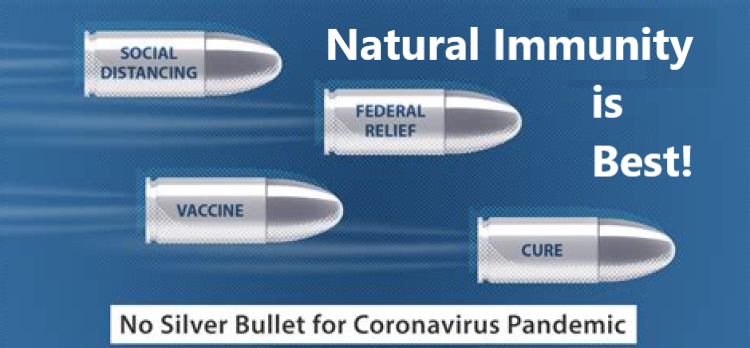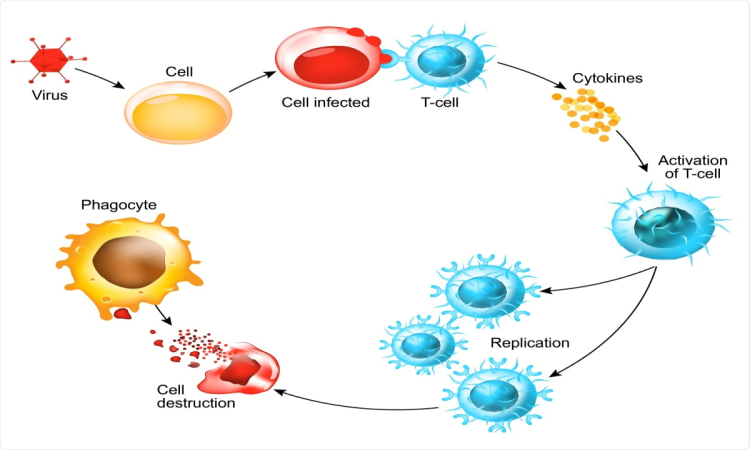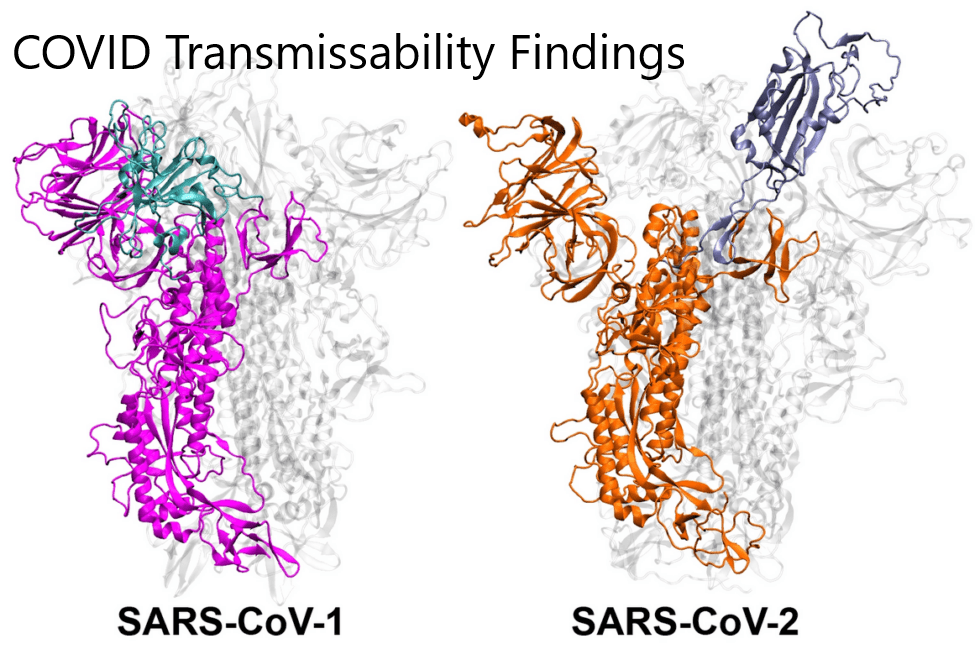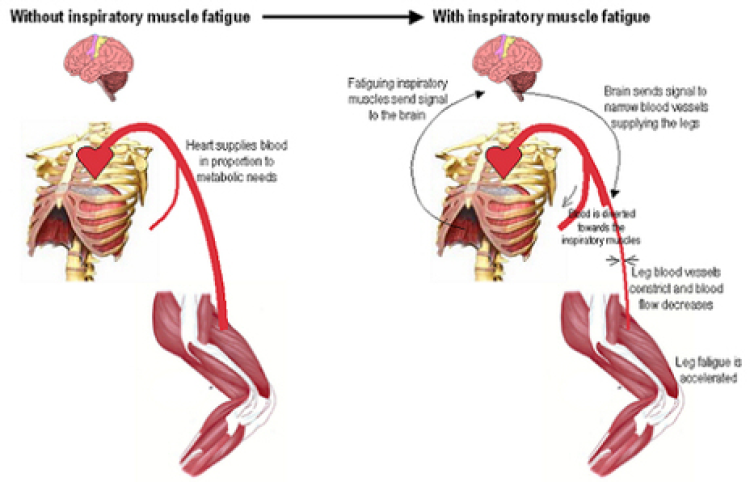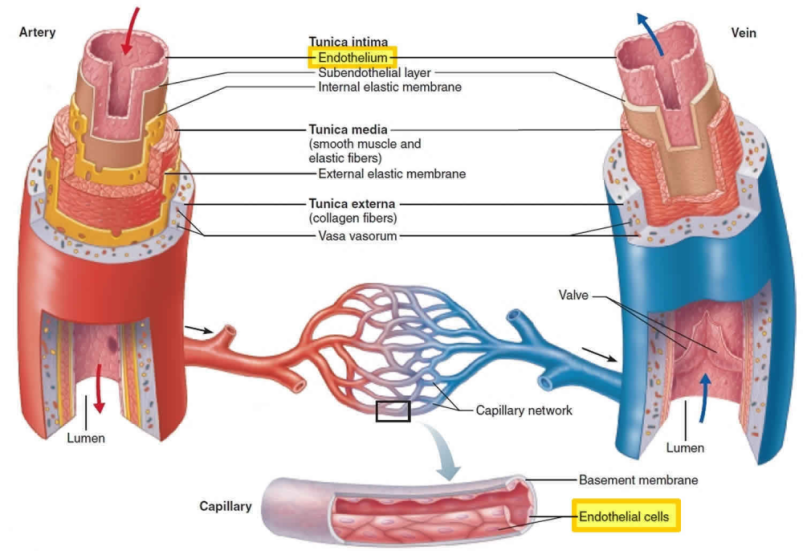
The novel coronavirus’ spike protein plays additional key role in illness
Salk researchers and collaborators show how the protein damages cells, confirming COVID-19 as a primarily vascular disease April 30, 2021 LA JOLLA—Scientists have known for a while that SARS-CoV-2’s distinctive…[...]
Read More